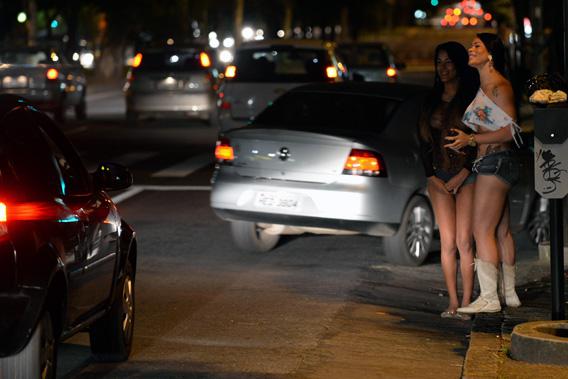Canada’s supreme court on Friday struck down all of the Great White North’s current anti-prostitution laws, declaring that bans on brothels and street solicitation along with other restrictions unconstitutionally violate the safety of prostitutes. The sweeping decision does not go into effect immediately, however, giving Parliament one year to come up with other ways to regulate the sex trade industry if lawmakers choose to do so. Here’s the Toronto Star with where things stand now:
That means if, 12 months from today, the federal government has not redrawn the laws to address the court’s concern that they are too arbitrary, overbroad and “grossly disproportionate,” then prostitutes will be allowed to legally practice their trade, hire drivers, bodyguards, accountants and screen their clients freely.
In the meantime, the Criminal Code ban on brothels, living on the avails of prostitution and communicating for the purposes of prostitution remain in full effect. Police may continue to lay charges and courts may prosecute.
As that snippet suggests, prostitution was already technically legal north of the border—although lawmakers had sought to restrict the industry where ever they could by making most related activities illegal, including running a brothel (or a “bawdy house” as it’s apparently often known in Canada) or public solicitation. Those restrictions aside, as Chief Justice Beverley McLaughlin explained in the unanimous ruling: “It is not a crime in Canada to sell sex for money.”
Today’s ruling came in response to a legal challenge by a trio of women with experience in the sex trade. A top appeals court had previously agreed with their challenge and overturned many of the anti-prostitution restrictions, a ruling the high court agreed with—and expanded on—this morning. The women in the case had claimed, in the words of CBC News, “that the laws prevented them from safely conducting their business as sex-trade workers, arguing that hiring bodyguards and drivers, and being able to work in private homes or talk with potential clients in public were important to their safety.”
***Follow @JoshVoorhees and the rest of the @slatest team on Twitter.***
